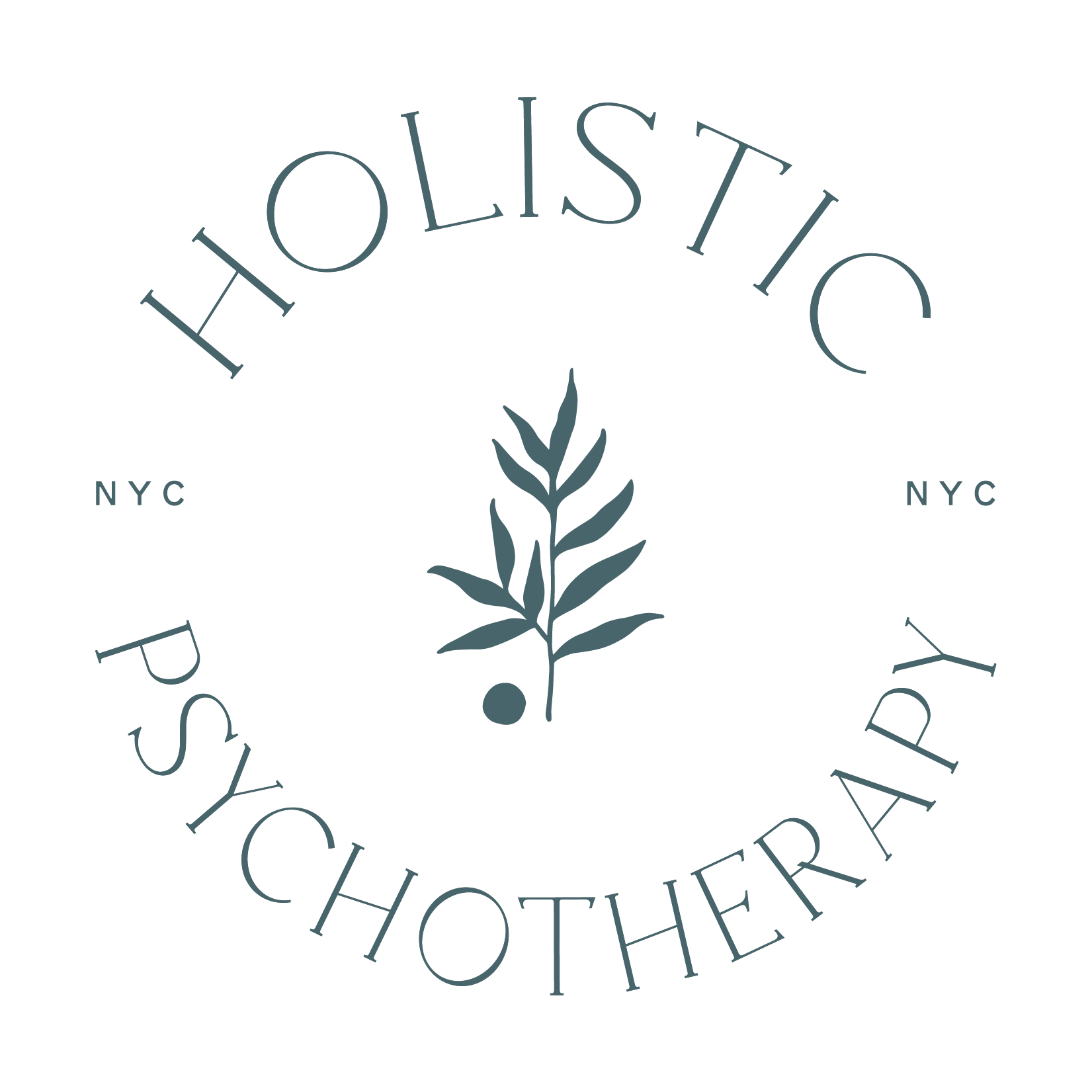Attachment styles play a crucial role in shaping our relationships and emotional well-being. Formed in early childhood, they influence how we connect with others and respond to intimacy and separation throughout life. Holistic psychotherapy, with its integrative, mind-body-spirit approach, offers a powerful method for healing attachment wounds and fostering healthier, more fulfilling relationships.
What Are Attachment Styles?
Attachment styles are patterns of how we relate to others, particularly in close relationships. There are four primary types:
- Secure Attachment: Characterized by trusting, healthy relationships.
- Anxious Attachment: Marked by fear of abandonment and clinginess.
- Avoidant Attachment: Defined by emotional distance and reluctance to depend on others.
- Disorganized Attachment: A mix of behaviors, often resulting from trauma or inconsistent caregiving.
These styles form in early childhood and deeply impact how we relate to partners, friends, and family in adulthood.
How Holistic Psychotherapy Can Heal Attachment Wounds
Holistic psychotherapy is an integrative approach that considers the mind, body, emotions, and spirit. This comprehensive method is particularly effective for addressing attachment wounds, as it acknowledges the full scope of an individual’s experiences and inner life.
By combining traditional talk therapy with mindfulness, somatic work, and spiritual practices, holistic psychotherapy provides a multi-dimensional pathway to healing.
Key Techniques for Healing Attachment Wounds
1. Mindfulness and Meditation
Mindfulness and meditationpractices help individuals recognize their attachment patterns and the emotions driving their behaviors. Through meditation and self-awareness exercises, clients can develop emotional regulation and reduce the anxiety associated with insecure attachment.
2. Somatic Experiencing
Trauma and attachment wounds often manifest physically. Somatic experiencing focuses on releasing stored tension and trauma in the body, allowing individuals to feel safer and more grounded in their relationships.
3. Inner Child Work
Inner child work involves reconnecting with the part of oneself that holds early emotional experiences. Through visualization and dialogue, clients nurture this inner child, promoting healing, security, and self-love.
Integrative Talk Therapy
Holistic psychotherapy blends traditional talk therapy with integrative methods. Clients explore their attachment styles, identify harmful patterns, and learn new, healthier ways of relating to others. This comprehensive approach ensures that all aspects of the attachment wound are addressed.
The Path to Secure Attachment
Healing attachment wounds through holistic psychotherapy is a deeply transformative process. By understanding their attachment style and exploring the root causes, individuals can shift toward secure attachment. This journey requires self-compassion, patience, and a willingness to explore one’s emotional landscape.
As clients heal, they become more capable of forming relationships based on trust, intimacy, and emotional safety. Holistic psychotherapy not only addresses attachment wounds but also empowers individuals to live authentically and create meaningful, secure connections.
Conclusion
Holistic psychotherapy offers an effective, integrative approach to healing attachment wounds. By addressing the mind, body, spirit, and emotions, individuals can experience profound healing and develop secure, fulfilling relationships. Through mindfulness, somatic experiencing, inner child work, and integrative talk therapy, clients can embark on a life-changing journey toward emotional well-being and deeper connections.
Schedule a Consultation
If you’re ready to take the next step in your healing journey, we invite you to schedule a consultation with one of our therapists. Together, we can explore how Holistic Psychotherapy NYC can help you achieve your goals. Contact us here.


